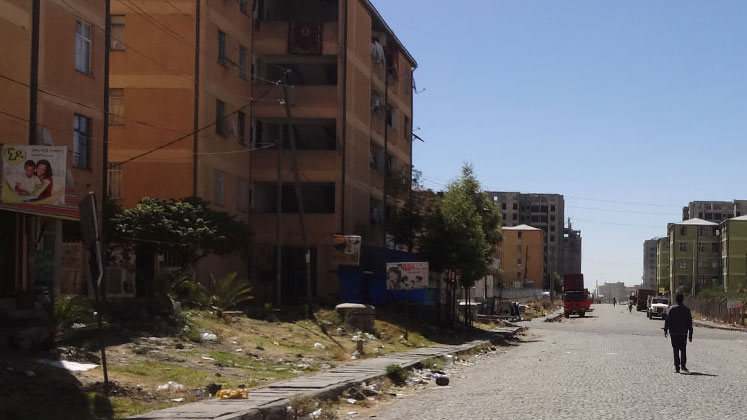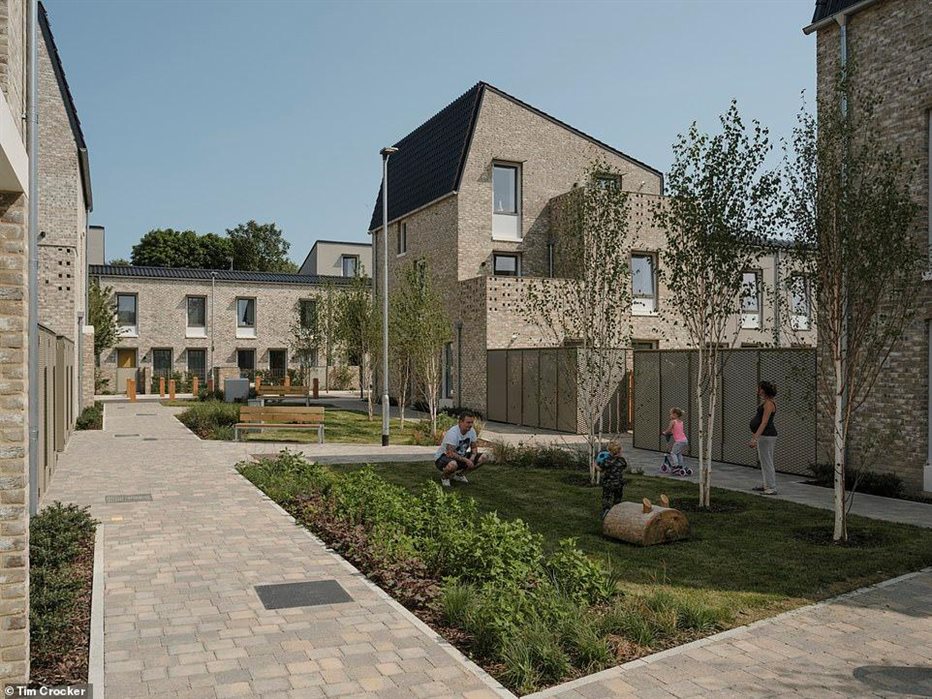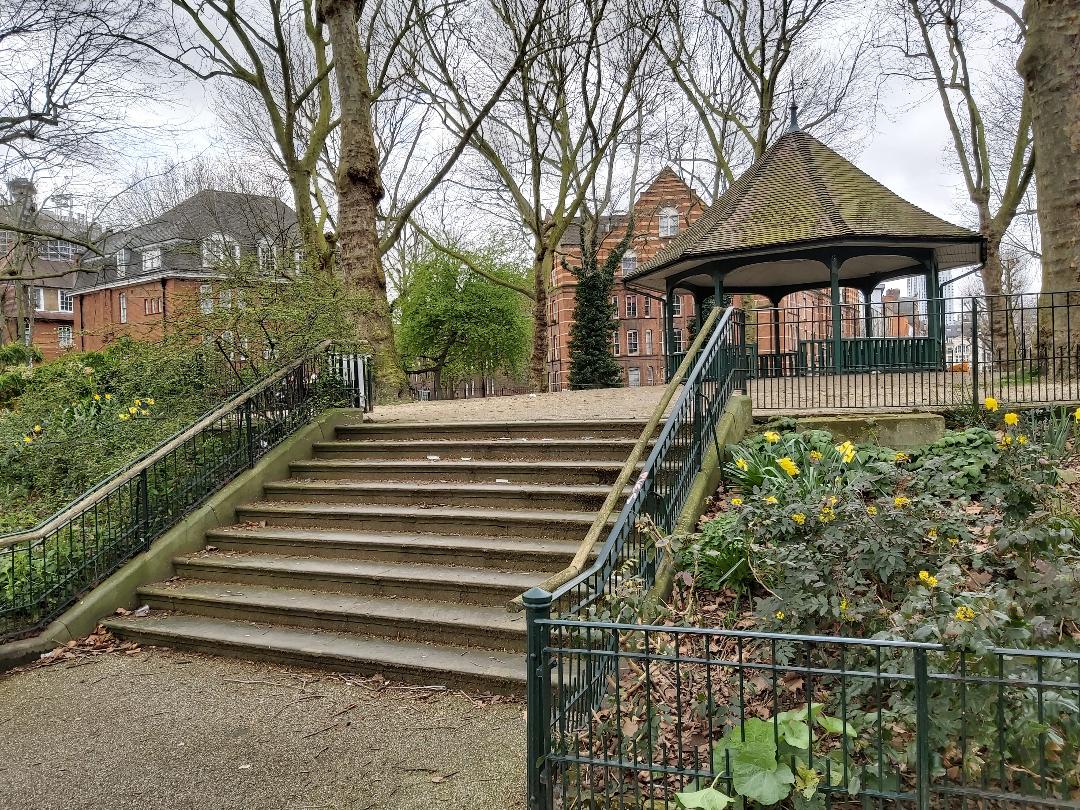Coronavirus has engendered some rather fevered speculation about the future of the city. The New York Times (19 April) suggested that big U.S. cities are “losing their allure”, while Janet Street-Porter (The Independent, 25 April) referred to London being in possibly terminal “cardiac arrest”. Such urban doomsday scenarios miss the point – and possibility – of what’s happening now. This is the moment to discuss the kind of cities we want and then demand the changes we need to have them.
The current situation will have lasting consequences, but many of them were set in motion long before coronavirus. The crisis has exposed how deeply divided, unbalanced, racist, and unsustainable our cities have become. Their future will be determined by the two biggest issues that have defined their past – class and rent.

For most working-class people, living in the city isn’t a cultural or lifestyle choice. It’s where the jobs are. But for many, the pleasures of urban life have become elusive. Long hours, short-term contracts, the erosion and privatisation of municipal and transport services, and high housing costs mean city living has become a struggle for survival. All this has been magnified by coronavirus.
The unequal impact of the pandemic on working class communities – and particularly people of colour - highlights the “them and us” of the metropolis dominated by global finance. An almost invisible servant class, feeding, driving, and cleaning up after the mostly white urban aristocracy has suddenly come into view. The Guardian (28 April) reports the hundreds of workers in London’s multi-billion-pound hospitality and entertainment industry instantly – and literally – thrown on the street when businesses closed.
The mantra of returning to “normal” is predicated on pursuing never-ending urban and economic growth, with property investment at its core. Savills estimate the value of global real estate at US$228 trillion, with housing comprising 75%. As in 2007-2008, the risk of betting our urban future on the property market is clear. The prospect of empty homes, mortgage failures, and mass evictions lies ahead, with the likes of Blackstone preparing to feed on the spoils.
Property speculation didn’t cause the current crisis, but it has made it worse. In March 2019, tenants, housing campaigners, and the former UN Special Rapporteur on Housing, Raquel Rolnik, came together for a conference entitled, prophetically, “Bad Housing Makes Us Sick”. Delegates described a range of physical and psychological ailments linked to overcrowding, lack of open space, disrepair, and the constant threat of eviction, problems often experienced by people living in the sub-standard, over-priced, under-regulated private rented sector.
Past epidemics and disasters have spurred good and bad urban interventions. For example, after the First World War, tuberculosis swept through Vienna. The response was some of the best public housing ever built, a tradition that endures in a city where 60% of the population live in some form of State-subsidised housing. By contrast, in the aftermath of Hurricane Katrina in 2005, corporate interests swarmed around New Orleans and attempted to remake the city in their own image, particularly targeting the demolition of public housing, exacerbating urban tensions and displacement. While there are many factors to take into account, it is perhaps unsurprising that, with a much bigger population, Vienna has had far fewer COVID-19 deaths than New Orleans.
 Cities can survive, but not if the “essential workers” who keep them running can’t afford to live in them with a degree of security. That means removing a significant proportion of homes from the volatility of the market. As in Vienna, UK council housing grew from crisis and popular demands for decent, secure, truly affordable homes. After decades of denigration, now is the time to restore publicly-owned housing to the policy mainstream, in the U.K. and beyond.
Cities can survive, but not if the “essential workers” who keep them running can’t afford to live in them with a degree of security. That means removing a significant proportion of homes from the volatility of the market. As in Vienna, UK council housing grew from crisis and popular demands for decent, secure, truly affordable homes. After decades of denigration, now is the time to restore publicly-owned housing to the policy mainstream, in the U.K. and beyond.
We need to be thinking and acting beyond the immediate crisis. From adversity, coronavirus has given us a glimpse of a better kind of city. We’ve seen which jobs are most important but least valued, re-learned the importance of genuine community and mutual support, and discovered that cities are more pleasant with fewer cars on the roads and planes in the sky. We can take this spirit into the post-coronavirus metropolis, rebuild the urban economy by rebuilding public housing, and achieve Lewis Mumford’s vision of cities for “lovers and friends” – and birdsong!
